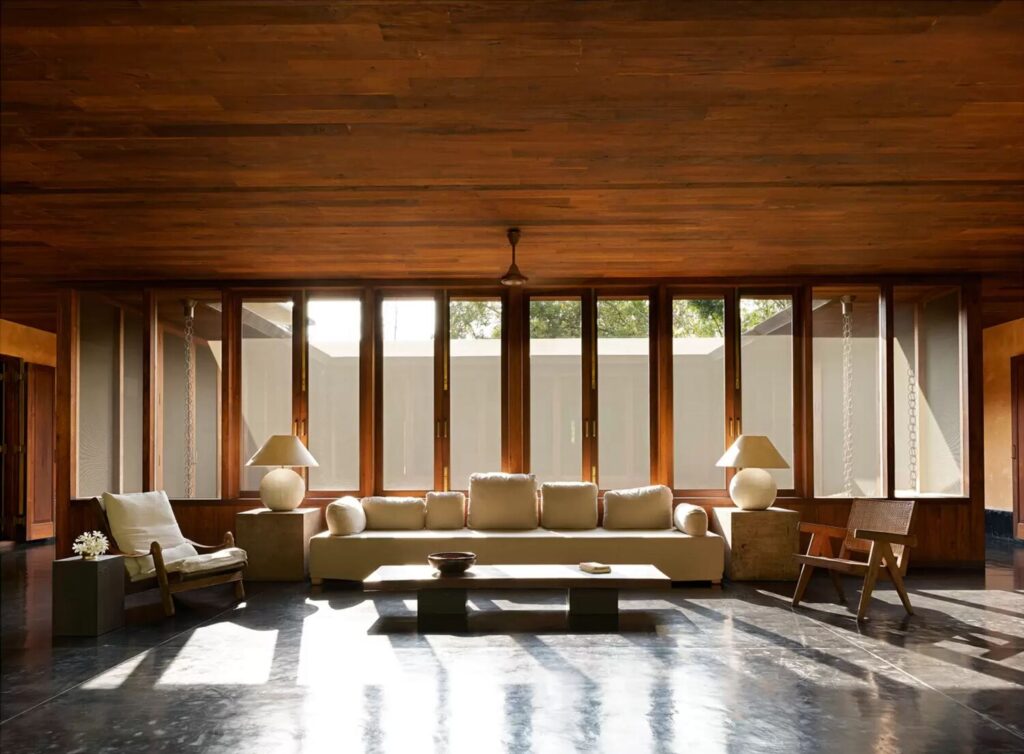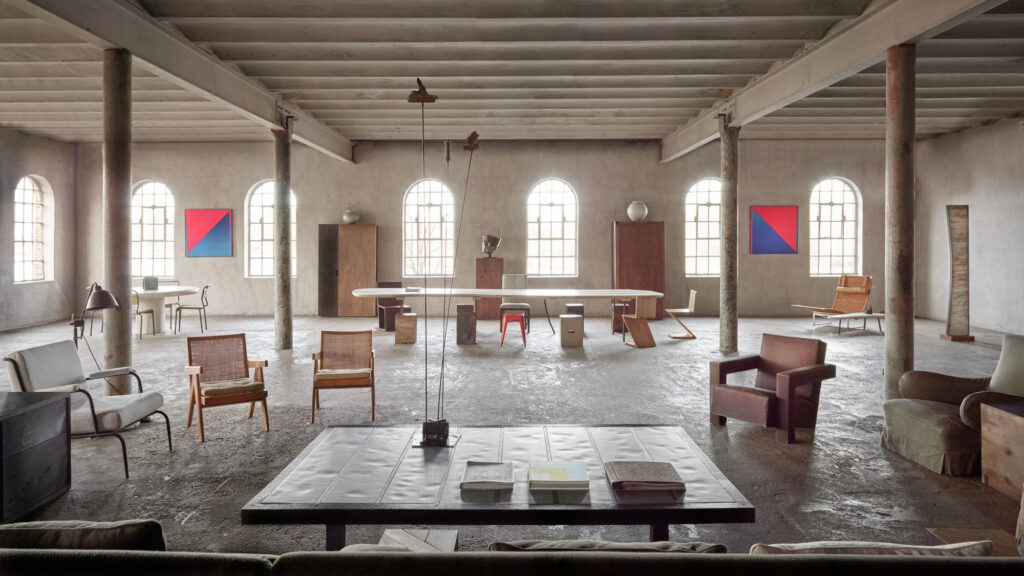The Power of Minimalism: Lessons from Axel Vervoordt
Axel Vervoordt, a renowned Belgian art dealer and interior designer, is widely recognized for his minimalist philosophy that has revolutionized the world of design. Born in 1947 into a family with a rich history in art collecting, Vervoordt developed an early passion for aesthetics and craftsmanship. Over the years, he honed his unique approach to minimalism, which emphasizes simplicity, harmony, and the power of negative space.
Vervoordt’s minimalist philosophy goes beyond mere aesthetics; it is a way of life that seeks to create balance and tranquility in one’s surroundings. He believes that by stripping away excesses and focusing on essential elements, we can achieve a sense of calmness and serenity. This philosophy extends not only to interior design but also to various aspects of life.
Summary
Axel Vervoordt is a Belgian designer and art dealer known for his minimalist philosophy.
Minimalism can transform your home by simplifying your space and reducing clutter.
Adopting a minimalist lifestyle can have positive effects on mental health and well-being.
Minimalism can also be beneficial for the environment by reducing waste and consumption.
Applying minimalism to achieve balance and harmony in your life involves prioritizing what truly matters and letting go of excess.
The Art of Simplifying: How Minimalism Can Transform Your Home
A minimalist home offers numerous benefits that can transform your living space into an oasis of tranquility. By decluttering your surroundings and embracing simplicity, you create an environment that promotes relaxation and clarity of mind.
One significant benefit of minimalism is the reduction in visual noise. In today’s fast-paced world filled with constant stimuli from technology and advertisements, our minds are often overwhelmed by cluttered spaces. A minimalist home provides respite from this chaos by offering clean lines, uncluttered surfaces, and carefully curated objects.
To simplify your home decor effectively, start by decluttering each room systematically. Remove items that no longer serve a purpose or bring you joy; this will help create more physical space as well as mental clarity. Embrace neutral color palettes such as whites or earth tones to promote a sense of calmness throughout your home.
The Benefits of Minimalism for Mental Health and Well-being
The impact clutter has on mental health cannot be overstated. Studies have shown that living in a cluttered environment can lead to increased stress levels, anxiety, and even depression. The constant visual reminders of unfinished tasks or disorganization can weigh heavily on our minds.
Minimalism offers a solution to this problem by creating an environment that promotes mental well-being. By removing unnecessary possessions and focusing on what truly matters, we free ourselves from the burden of physical and mental clutter.
The calming effects of minimalism extend beyond the visual aspect. A minimalist home encourages mindfulness and intentionality in our daily lives. When we are surrounded by simplicity, it becomes easier to focus on the present moment and appreciate the beauty in small details.
Minimalism and Sustainability: How Less is More for the Environment
Consumerism has had a detrimental impact on our planet’s health, leading to excessive waste production, resource depletion, and environmental degradation. Minimalism offers an alternative approach that aligns with sustainability principles.
By embracing minimalism, we reduce our consumption habits and prioritize quality over quantity. This shift in mindset leads to less waste generation as we become more conscious of our purchases and their long-term impact.
Minimalist living also encourages reusing items whenever possible instead of constantly buying new ones. This practice not only reduces waste but also saves money in the long run.
Vervoordt’s philosophy emphasizes repurposing objects with history or sentimental value rather than discarding them—a concept known as “wabi-sabi.” This approach not only reduces waste but also adds character to your space through unique pieces with stories behind them.
The Minimalist Lifestyle: How to Embrace Minimalism in Your Everyday Life
Embracing minimalism goes beyond decluttering your physical space; it extends into various aspects of your everyday life—routines, relationships, and even digital presence.
To simplify your daily routine effectively:
1) Prioritize essential tasks: Identify what truly matters each day and focus your energy on those tasks. This approach helps avoid overwhelm and promotes a sense of accomplishment.
2) Practice mindfulness: Incorporate moments of stillness and reflection into your day. Whether through meditation, journaling, or simply taking a walk in nature, these practices help cultivate a sense of presence and gratitude.
A minimalist lifestyle offers numerous benefits beyond the physical realm. By reducing distractions and focusing on what truly matters, you create space for personal growth, improved relationships, and increased overall well-being.
Lessons from Axel Vervoordt: Applying Minimalism to Achieve Balance and Harmony in Your Life
Axel Vervoordt’s approach to minimalism goes beyond interior design; it is a philosophy that can be applied to all aspects of life. His belief in the power of negative space teaches us that by embracing emptiness, we allow room for growth and transformation.
To apply Vervoordt’s philosophy to your own life:
1) Embrace simplicity: Strip away excesses from all areas of your life—possessions, commitments, even thoughts—and focus on what truly brings you joy and fulfillment.
2) Cultivate balance: Seek harmony between different aspects of your life—work and leisure, solitude and socializing—to create a well-rounded existence that nourishes both body and soul.
By adopting these principles into our lives, we can achieve greater clarity of mind, enhanced creativity, improved relationships with others as well as with ourselves.
The Power of Minimalism
In conclusion, minimalism offers numerous benefits that extend far beyond aesthetics. By simplifying our surroundings through decluttering our homes or embracing minimalist lifestyles in various aspects of our lives—we can experience increased mental well-being while also contributing positively to the environment.
Axel Vervoordt’s minimalist philosophy serves as an inspiration for those seeking balance amidst the chaos of modern living. By applying his principles—embracing simplicity while cultivating balance and harmony—we can create spaces and lives that are truly transformative.
So, let us embrace the power of minimalism, declutter our physical and mental spaces, and embark on a journey towards a more intentional, fulfilling life.


